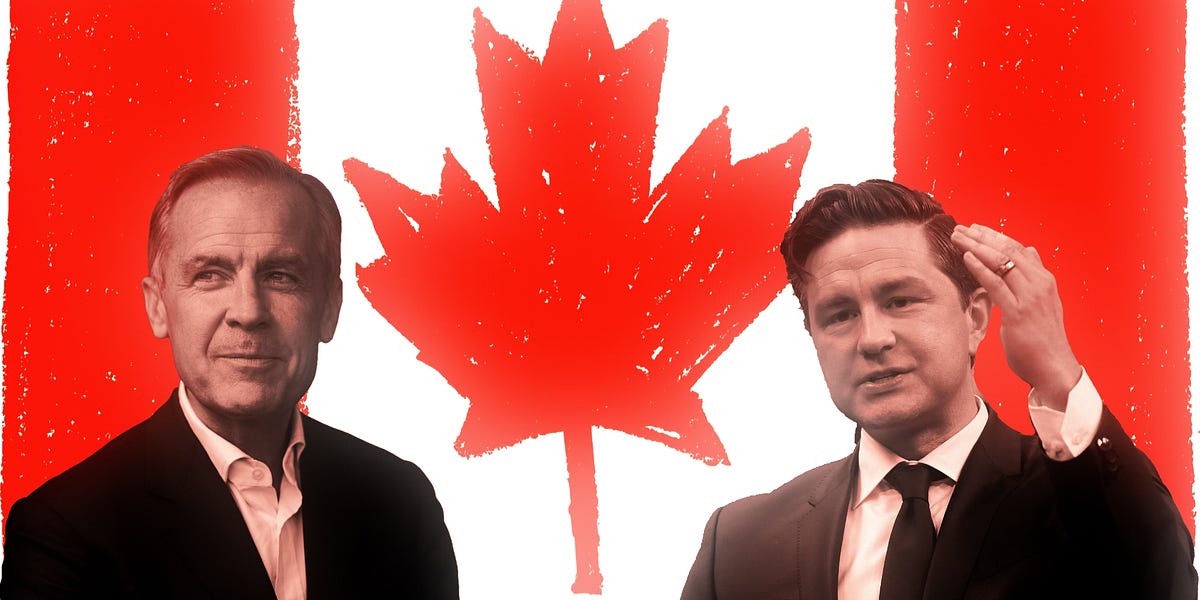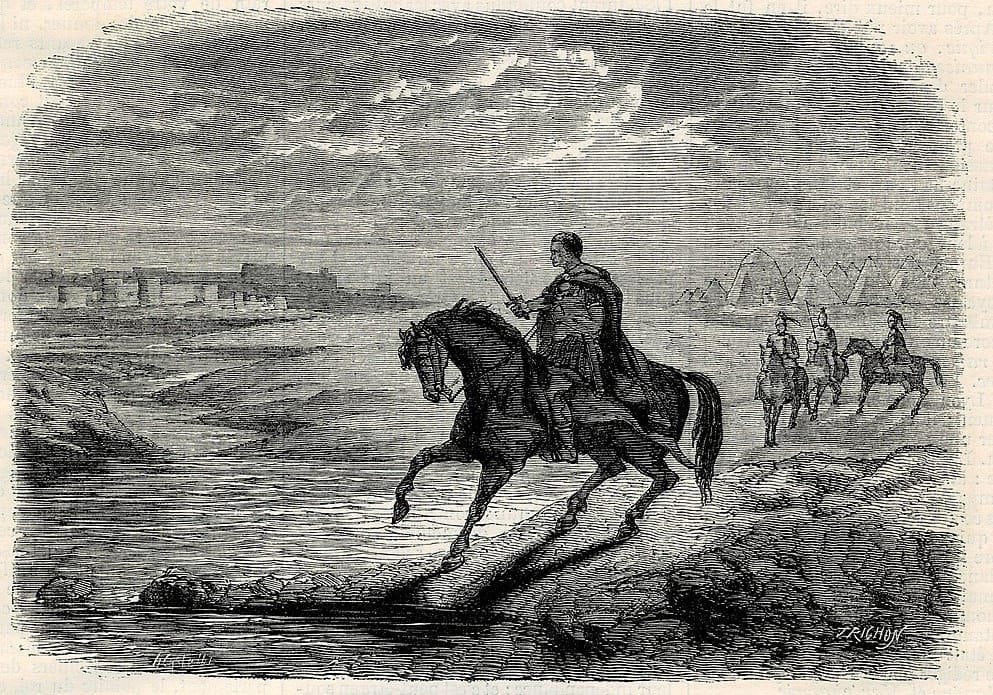- The Plucky Remnant
- Posts
- On Canada's election
On Canada's election
Populism hasn't faltered—but it's not invincible, either.

My new piece at The UnPopulist takes a deep dive into why celebrations and relief about Poilievre’s defeat in Monday’s election need to be tempered. tl;dr: He lost, but he was very, very popular! We’re not out of the woods yet—the main thing we’ve bought ourselves is time.
Some thoughts on the Canadian Conservatives that go beyond the scope of the piece:
A combination of horror at what’s coming out of the U.S. and desperation for a win vs. illiberalism has imbued Canadian politics with meaning it hasn’t earned. The biggest mistake* is to confuse illiberal populism in Canada with MAGA. Trump is defying the U.S. constitutional order, sending people without due process to foreign gulags, turning the power of the most powerful state in the world against perceived thought crimes, and has binned the integrated global economy. When we say MAGA, this is what we’re talking about.
One can dislike the Canadian Conservative Party an awful lot and realize it’s not that.
Most illiberal populism has not been as destructive as MAGA. That doesn’t mean that most illiberalism isn’t worth worrying about. To accomplish illiberal goals, governance from the new right has to chip away at liberal norms and institutions. Those norms and institutions are what defend people against a government seized by a demagogue like Trump. The whole point of what Anne Applebaum calls Autocracy, Inc. (a great little book) is to dismantle or defang the barriers to illiberalism. We should worry very much about the advance of illiberal populism. We have to recognize it and fight it.
My biggest concern about Poilievre is that he appeared unable to understand Trump or the type of threat he represents. I suspect the culprit is that he blinded himself with anti-leftism. He is not on the far right, and he is not Canadian Trump. He has a history of brash, negative politics that didn’t need to be borrowed from MAGA. His sometimes libertarian-coded conservatism made it possible that he could have sincerely been after market-forward reforms to a dysfunctional and often counterproductive government. (As I make clear in the piece, people unhappy with the status quo in Canada are right to be.) But that’s not the version of his party that he put on the ballot.
At the end of the day, Poilievre has illiberal conservative impulses, he hates (some of) the government more than he is committed to individual freedom and markets, and he is someone who could stand to read an FAQ on the Far Right rather than assuming everyone criticizing the right is shrill and hysterical.
But anyway, Poilievre was also extremely popular! I suspect he’ll be back in the House soon, and it’s not at all a foregone conclusion that the party will dump him (or that if they did, they’d choose someone better).
Folks in the Conservative Party who are under the impression that liberalism is baked into their party need to put their foot down and insist on it. Poilievre just demonstrated that it doesn’t have to be. This might mean letting Bernier have his nuts—chasing those votes didn’t moderate those voters. It helped mainstream their grievances.
Carney’s Liberals need to be serious about understanding and addressing the concerns of those who didn’t vote for them—maybe especially in the ridings most affected by trade that did not send a Liberal MP to Ottawa.
And those of us who have been sounding the alarm about the danger of the illiberal new right have to keep at it. We don’t have to insist we’re right (how could we know? I always hope that I am not!), but we should be taken seriously—more seriously than those who were surprised and appalled by Trump’s first 100 days.
Alan Elrod at Liberal Currents has a piece with a similar motivation to mine, aiming at those reacting with excitement to the unpopularity of Trump’s policy. The unpopularity is good and we have to reckon with the people for whom it is popular. I think it makes a good companion piece.
——
*The second biggest is to mistake Doug Ford for a #Resistance hero.

